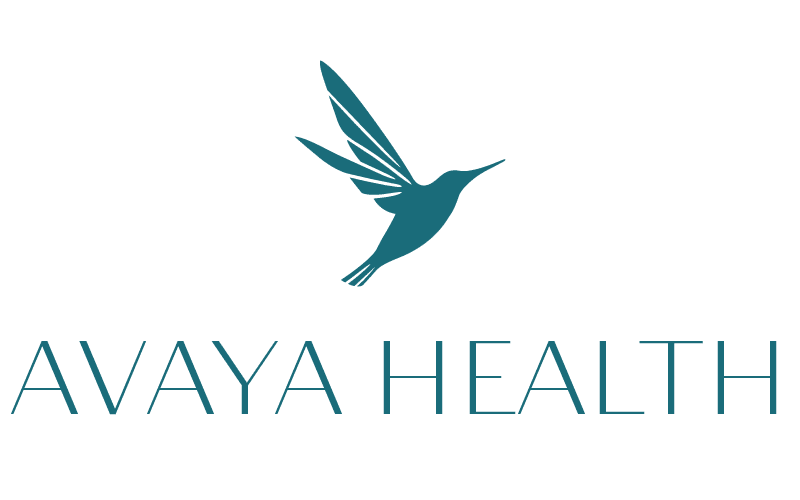Constipation: The Forgotten Importance of Your Gallbladder
We often think of constipation as a simple plumbing issue, easily remedied with a fiber boost. There are a few surprising culprits that often lurk behind sluggish bowels. One of them being a sluggish gallbladder! This often-overlooked organ plays a vital role in digestion, and when its function declines, constipation can become a chronic side effect. Unfortunately, gallbladder removal ranks among the most common abdominal surgeries in the United States. Before pursuing surgery, let’s explore the wonders of this little pear-shaped organ and natural ways to support its health.
The Gallbladder: More Than Just Storage
Imagine your gallbladder as a tiny reservoir. It stores and concentrates bile, a yellowish-green fluid produced by your liver. But the gallbladder’s function goes beyond mere storage. Here’s why it’s crucial for optimal and fluid digestion:
Fats: Bile is nature’s emulsifier, breaking down fats in your food into smaller particles. These tiny fat droplets are then easily absorbed by your intestines, ensuring you get the essential nutrients from your meals. Without proper bile function, undigested fats act like a greasy film, hindering the smooth passage of waste. The result? Constipation, bloating, and a general feeling of sluggishness.
Intestinal Lubrication: Bile acts as a natural lubricant for your intestines, promoting smooth passage of food waste. This can help prevent constipation and keep your digestive system running efficiently. Low production or secretion of bile into the intestines is a large contributor to constipation.
Nutrient Absorption: Vitamins A, D, E, & K are fat soluble vitamins. This means they dissolve in fat and are absorbed from the digestive tract with that fat. Without the emulsification of dietary fats these important vitamins have a hard time being absorbed for use.
Natural Support
By nurturing your gallbladder naturally, you can avoid potential problems and optimize digestion. Here’s how:
Diet is Key: Embrace a diet rich in fruits, vegetables, and other whole foods. These foods provide essential nutrients for healthy bile production. Limit processed foods, refined oils, trans fats, and excessive sugar, which can burden the gallbladder. A good rule to follow is, if the item has an ingredient that you couldn’t find in the standard home kitchen then it’s best to avoid it.
Herbs: Nature offers a bounty of herbs to support your gallbladder:
- Dandelion Root: This herb stimulates bile production and promotes gallbladder function.
- Milk Thistle: Known for its liver-protective properties, milk thistle can also indirectly benefit the gallbladder by supporting healthy bile flow.
- Betaine HCL or Apple Cider Vinegar: Both boost stomach acidity, a crucial factor for overall digestion. Without sufficient stomach acid, the signal to release bile from the gallbladder might be missed, hindering nutrient absorption, fat breakdown, and intestinal lubrication.
Fiber: Fiber-rich foods like fruits, vegetables, and legumes help keep your digestive system moving smoothly, reducing stress on the gallbladder.
Listen To Your Body
While these natural strategies can be incredibly helpful, it’s important to listen to your body. If you experience persistent abdominal pain, nausea, or difficulty digesting fatty foods, and need further guidance, feel free to schedule an appointment or initial consultation below.
